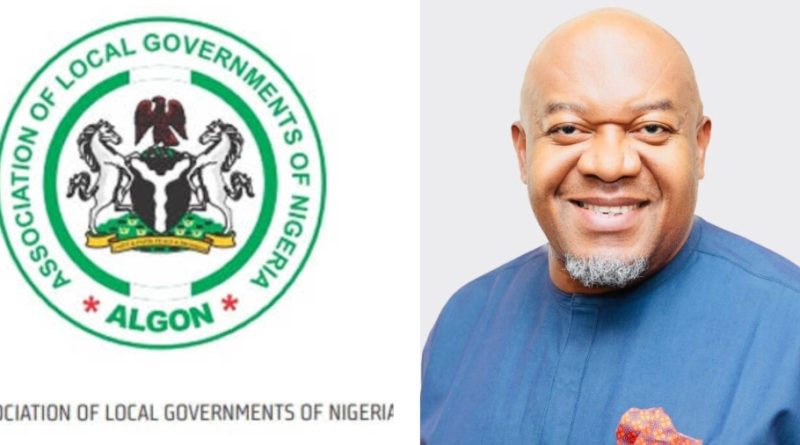Making The Local Government System Work For The People
By Uche Nworah, Ph.D
There is actually a lot already placed on the plates of local governments by the constitution. Local government Chairmen whether elected or appointed can be creative about this. There are templates and models from all over the world they can learn from.
In my many years of living in the United Kingdom (UK), I never really had anything to do with the UK central government. Most of the interactions and public services were gotten from the Royal Borough of Greenwich, being my local borough. From the Local Education Authority (LEA) to Greenwich Housing, Job Centre, library, council tax issues, refuse disposal, local roads, public health and safety issues etc. I had a phone conversation recently with some friends and the Supreme Court judgment on local government autonomy came up.
We need to get in the right type of people into the LGs as elected Chairmen. Men and women of proven integrity, tested and trusted. Thinkers and doers not just hustling politicians. People with big ideas who won’t just resort to the usual template of constructing lock-up shops and markets (bricks and mortars philosophy) in an internet -enabled e-commerce era. The local government system should actually be for our best and brightest. In a scenario like this, those elected as councilors will begin to assume much broader responsibility.
It’s actually possible to create change at the local government level if they can start doing some of the things that the constitution already empowers them to do. They need data to work with. Data will help them to determine the number of people that they are providing services to, what services they should be providing, how effectively and efficiently the services are being provided? Where the money to fund the provision of these public services will come from etc.
Our local government administration system in Nigeria should be digitized. A visit to any local government office in Nigeria will leave you wondering what age we are living in. Files upon files litter the offices, all collecting dust. There should be a conscious effort to recruit young people into the local government system. Staff should be trained and re-trained to improve their skills. Some staff should be selected and sent on exchange programmes locally and internationally. They will come back with broader worldview and perspectives. Many local government staff have not left their villages and immediate environments.
Local government administrators should explore twinning their local governments with some others in the developed countries. There are lots of benefits in doing this. For a start, they should start by creating websites and social media pages which will serve as their windows to the world. They will use such to market their local governments to the outside world.
I align with those that have argued that the Supreme Court judgement is a positive move. Even if the Governors can influence who gets elected eventually, I am not sure that with the right civic engagement and sensitization, the Governors will ‘take all’. There will be some local governments that stakeholders will ‘Kwechiri’ and ensure that the right thing is done and top mature candidates are elected.
Local governments should become competitive. LGs that are safe and where there are better economic activities will attract more people, investments and business. This will make the LG Chairmen to sit up and work. Those who fail to perform will be voted out in the next election cycle. The current system of waiting for allocation from the state government every month makes many of them lazy. The excuse that the state government starves them of funds will no longer be tenable.
The revolution we all desire can actually begin from the LG system. They are closer to the people. If they are given access to their funds, and are creative in opening up other revenue windows, the LGs can thrive.
Dr. Nworah wrote in from Utako, Abuja.
Culled from The Travelport




